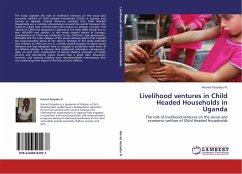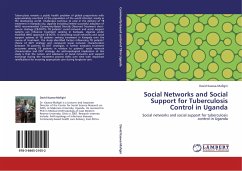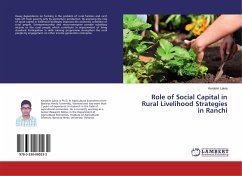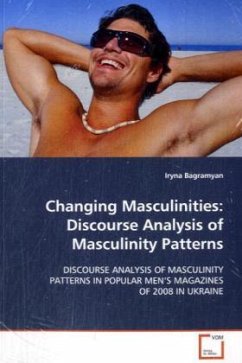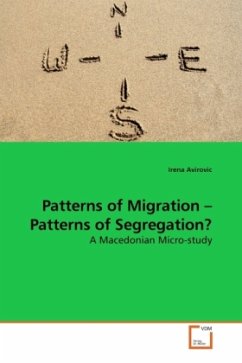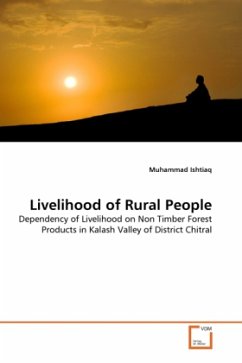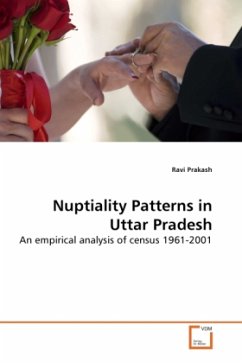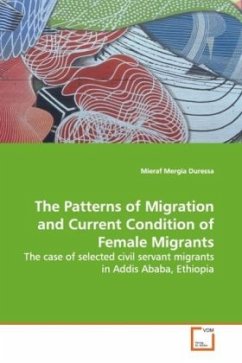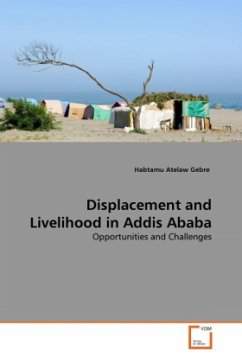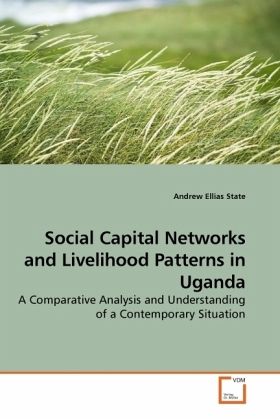
Social Capital Networks and Livelihood Patterns in Uganda
A Comparative Analysis and Understanding of a Contemporary Situation
Versandkostenfrei!
Versandfertig in 6-10 Tagen
52,99 €
inkl. MwSt.

PAYBACK Punkte
26 °P sammeln!
This book examines connections between social capital networks and livelihoods in a contemporary setting in Uganda. It focus on explaining how we can understand livelihoods through bottom-up social, political and cultural connections, at both the individual and community levels using social capital networks. The book uses a multi-dimensional methodological approach and a diversity of techniques to collect data on social capital networks and livelihoods. A profile of livelihood activities suggests that the main source of livelihoods in rural Uganda are simple cash and subsistence food crop farm...
This book examines connections between social capital networks and livelihoods in a contemporary setting in Uganda. It focus on explaining how we can understand livelihoods through bottom-up social, political and cultural connections, at both the individual and community levels using social capital networks. The book uses a multi-dimensional methodological approach and a diversity of techniques to collect data on social capital networks and livelihoods. A profile of livelihood activities suggests that the main source of livelihoods in rural Uganda are simple cash and subsistence food crop farming, supplemented by animal rearing and small business ventures. An exploration of central inequalities of ethnicity and gender as durable inequalities shows that these interact in a complex manner with historical legacies and current socio-political and economic patterns to produce particular social capital networks that shape livelihoods, both positively and negatively. A key conclusion isthat social capital networks based on friendship patterns affect livelihoods more than kinship networks.



